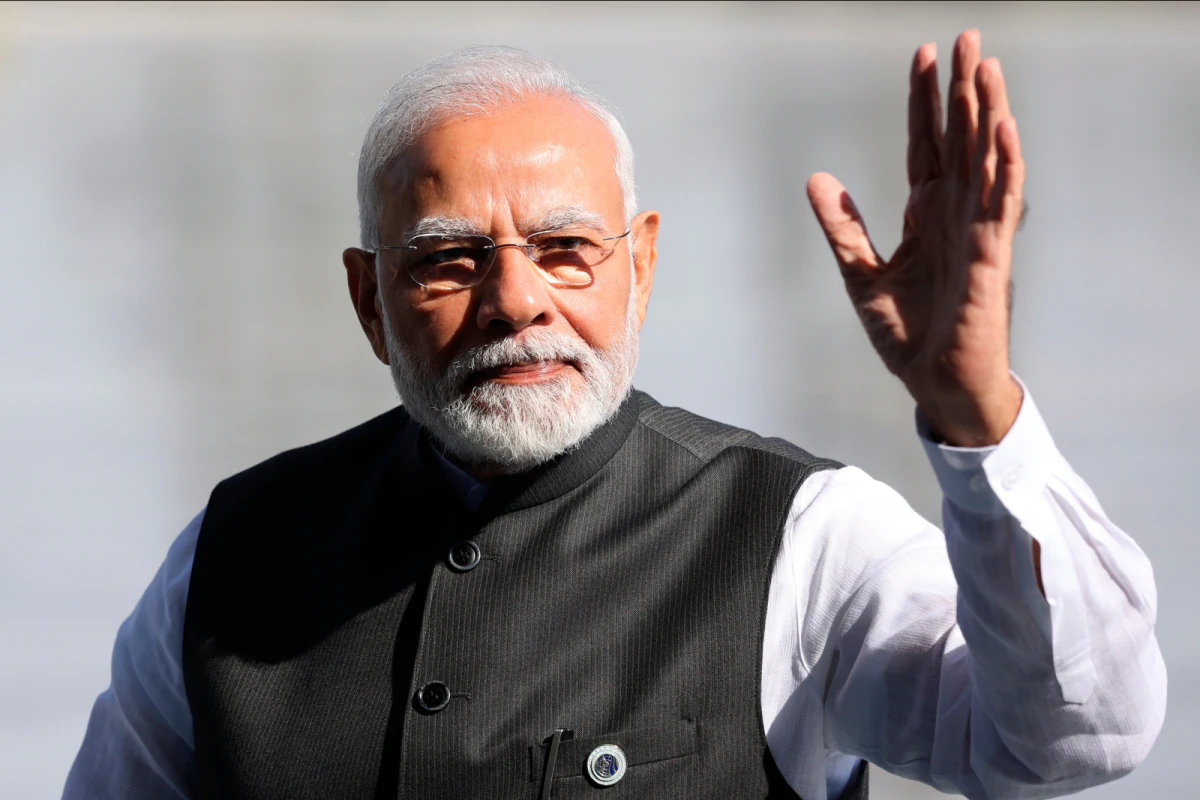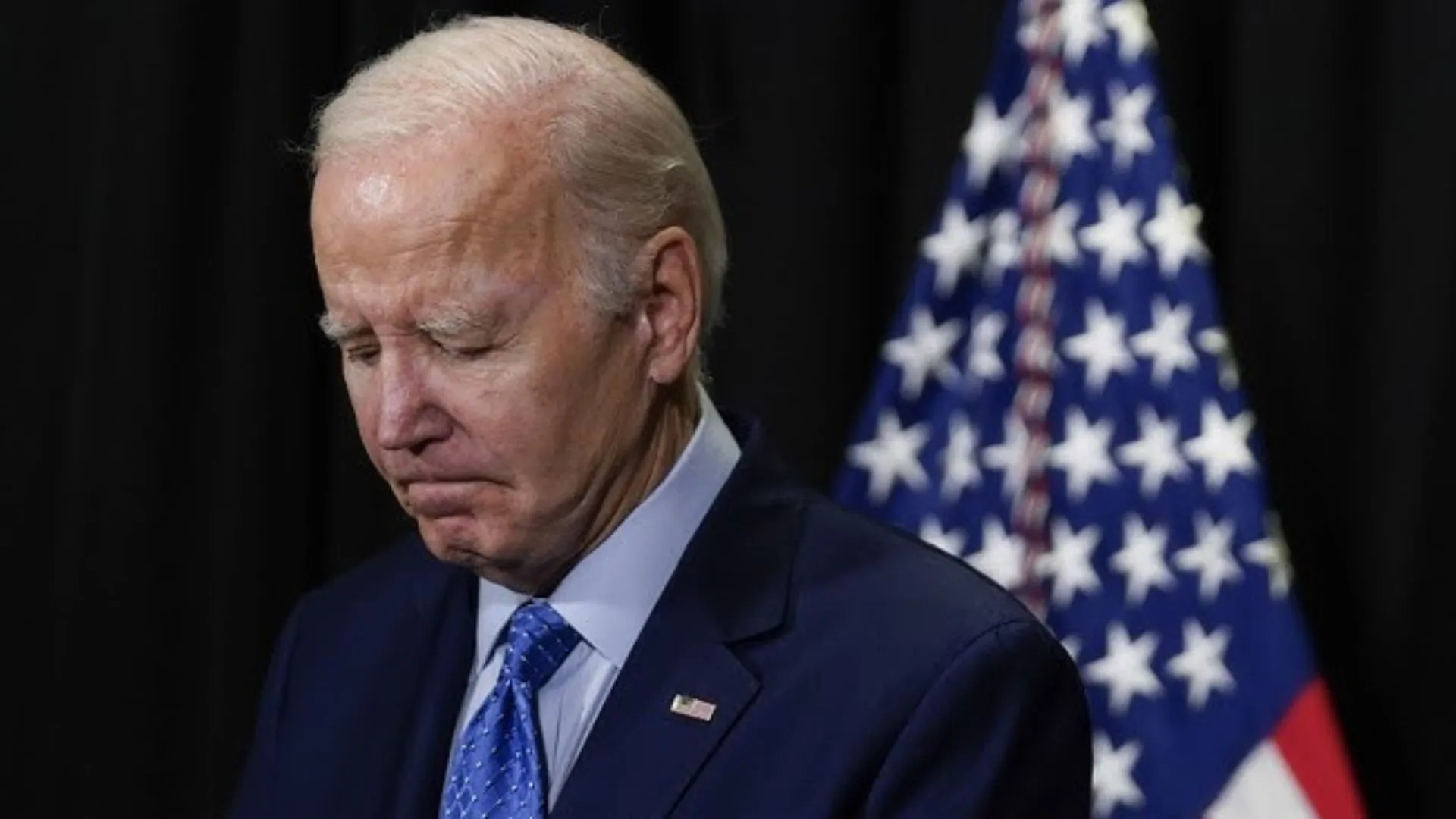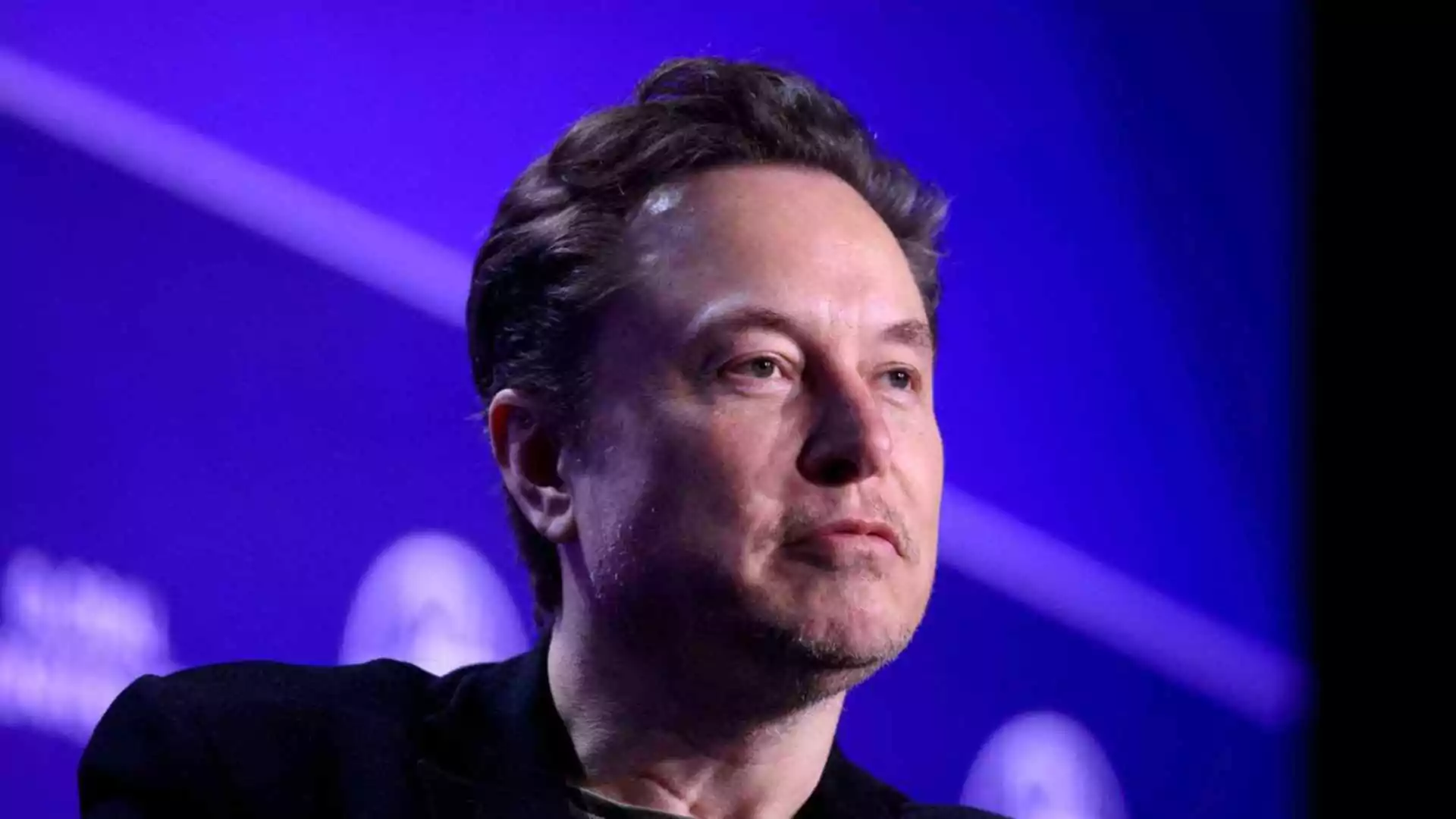In an interview with the Japanese newspaper Yomiuri Shimbun, Prime Minister Narendra Modi emphasised the importance of G7-G20 cooperation in addressing pressing global issues.
Prime Minister Modi, who also chairs the G20, emphasised his commitment to leading the international community in addressing the challenges of the “Global South,” which includes developing and emerging economies. On the invitation of Japan’s Prime Minister Fumio Kishida, Prime Minister Modi is in Japan from May 19 to 21 to attend the G7 Summit under the Japanese Presidency.
In his interview with the Japanese publication PM Modi noted the geopolitical tensions causing disruptions in food and energy supply chains, stressing the need for collaboration with Japan and like-minded countries to continuously address the core concerns of developing countries.
“Strengthening collaboration between the G7 and G20 is vital in addressing global challenges like climate change, supply chain disruptions, economic recovery, energy instability, healthcare, food security, and peace and security,” PM Modi said.
The Prime Minister noted the “Special Strategic and Global Partnership” between India and Japan and said that it provides a strong foundation for “our joint efforts, contributing to global cooperation on these issues”.
Regarding Russia’s invasion of Ukraine, PM Modi reaffirmed his strong support for an international order based on respect for national sovereignty and territorial integrity, underlining the significance of the UN Charter and international law.
Although India is not a signatory to the Nuclear Non-Proliferation Treaty and is believed to possess nuclear weapons on its own, Prime Minister Modi has stated unequivocally that the use of weapons of mass destruction is completely unacceptable. He expressed his willingness to work with all countries to achieve Prime Minister Kishida’s vision of a world without nuclear weapons.
“India abstained from UN General Assembly resolutions to condemn the invasion but remains committed to upholding the UN Charter, international law, sovereignty, and territorial integrity. India supports a peaceful resolution to the Ukraine crisis and is ready to contribute constructively within the UN and beyond,” he said.
Prime Minister Narendra Modi on Saturday met his Japanese counterpart Fumio Kishida in Hiroshima and discussed ways to enhance “India-Japan friendship across different sectors including trade, economy and culture.”
“PM @narendramodimet PM @kishida230 in Hiroshima. Both leaders discussed ways to enhance India-Japan friendship across different sectors including trade, economy and culture,” the Prime Minister’s Office (PMO) said in a tweet.
“I want to thank you for inviting India to the G7 Summit. Your (PM Kishida) visit to India was a memorable one. It is a delightful moment for me as the Bodhi tree I gifted you have been planted by you in Hiroshima, I believe India-Japan relations will grow with the growth of this tree,” PM Modi said in Hiroshima as he congratulated Kishida on the successful presidency of G7.

















